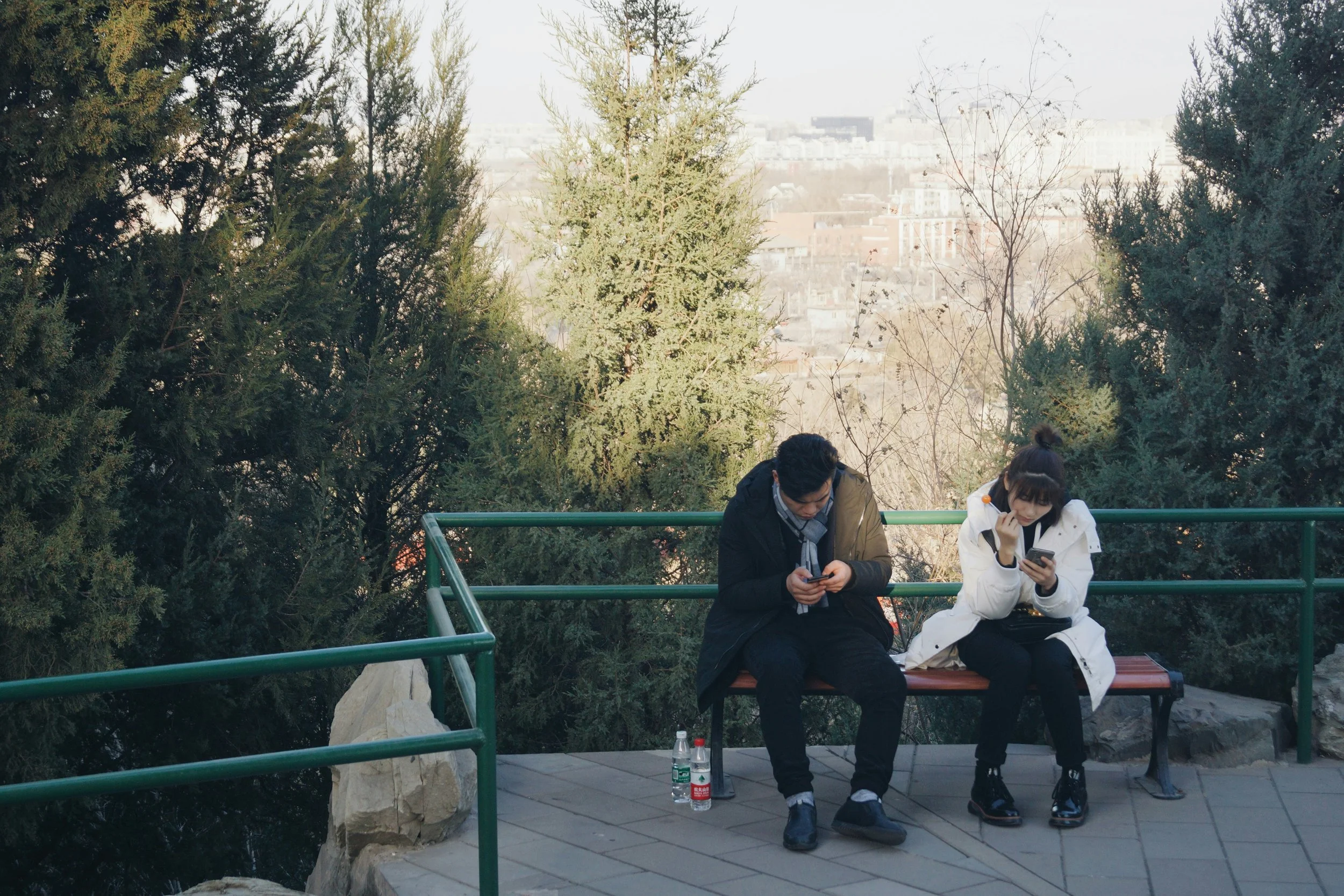My bag only gets stuck on the door handle when I’m having a bad day. Everyone is super annoying when I’m grumpy. My friend’s irritating boyfriend breathes too loudly. When I’m feeling happy it’s easier to find joy in the smaller everyday moments. Does my inner monologue resonate with you?
The Importance of Social Connection
In our fast-paced, technology-driven world, it can become easy to lose sight of one of the most fundamental aspects of our human nature—social connection. As social creatures, we are biologically wired to connect with one another, create strong bonds, and form lasting relationships.
Nurturing Friendships
I often use Gottman’s Sound Marital House as a framework to help couples build strong, healthy relationships. This theory breaks down into several key components that can enhance connection and resilience. One skill that stands out to me is Shared Fondness and Admiration, which involves openly expressing appreciation and respect for your partner (or friend).
What I Wish Clients Knew
We were discussing a painful experience, and I was once again struck and inspired by their resilience. In this situation, I found a way to express this sentiment in the moment. However, there are many instances where sharing in the moment might not be the most therapeutic response. Even when I don’t vocalize it, I want my clients to know I carry these feelings and this care with me. Reflecting on this, I began to consider all the things I wish my clients knew about me, about the therapeutic relationship, and the process.
Mental Health Support
As someone with limited athletic ability and no cable subscription, sports, in particular tennis and gymnastics, have never been a big part of my life. This year, however, Naomi Osaka and Simone Biles changed that. Their bravery in bringing mental health into the dialogue highlighted the incongruence between how we may assume someone is feeling and their internal world. This year, I cared about sports.
CBT & Relationship Therapy
Cognitive Behavioral Therapy(CBT) is an evidenced- based treatment that has been shown to significantly reduce depression and anxiety which may be contributing to problems in your relationships. Frequently, couples come in to session making broad generalizations about one another: “You never listen!” “You always forget to take out the trash”, “Your work is more important to you than I am!” We then infer meaning from such generalizations such as “You don't love me enough,” “You are losing interest" or “You don't understand me.”
Dependency in Relationships
What is co-dependency? Is it always unhealthy? Learn more about healthy types of dependency here.
It’s a common experience to become overwhelmed and fearful in relationships. Something I hear frequently in working with couples is the underlying question, “How do I know that this person won’t leave me?”.












